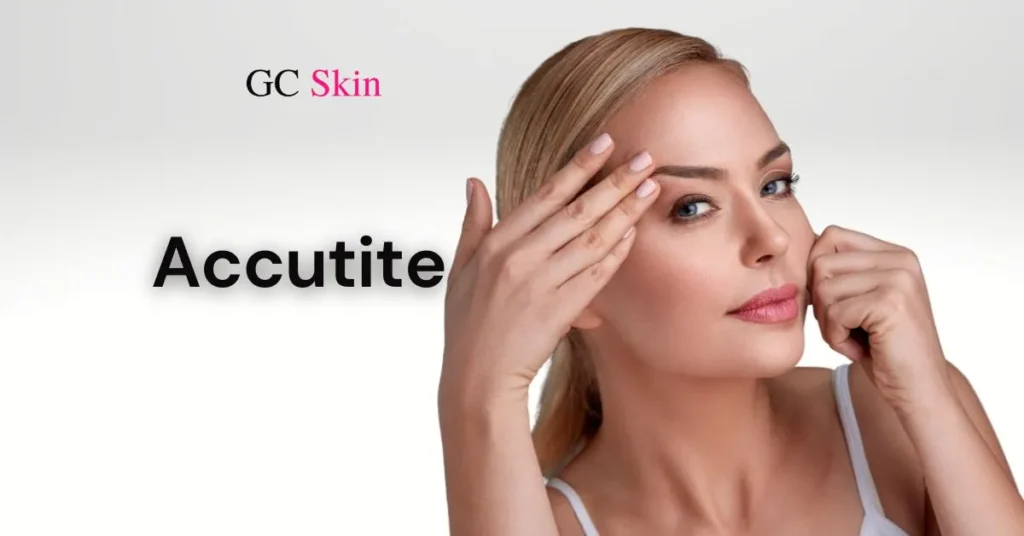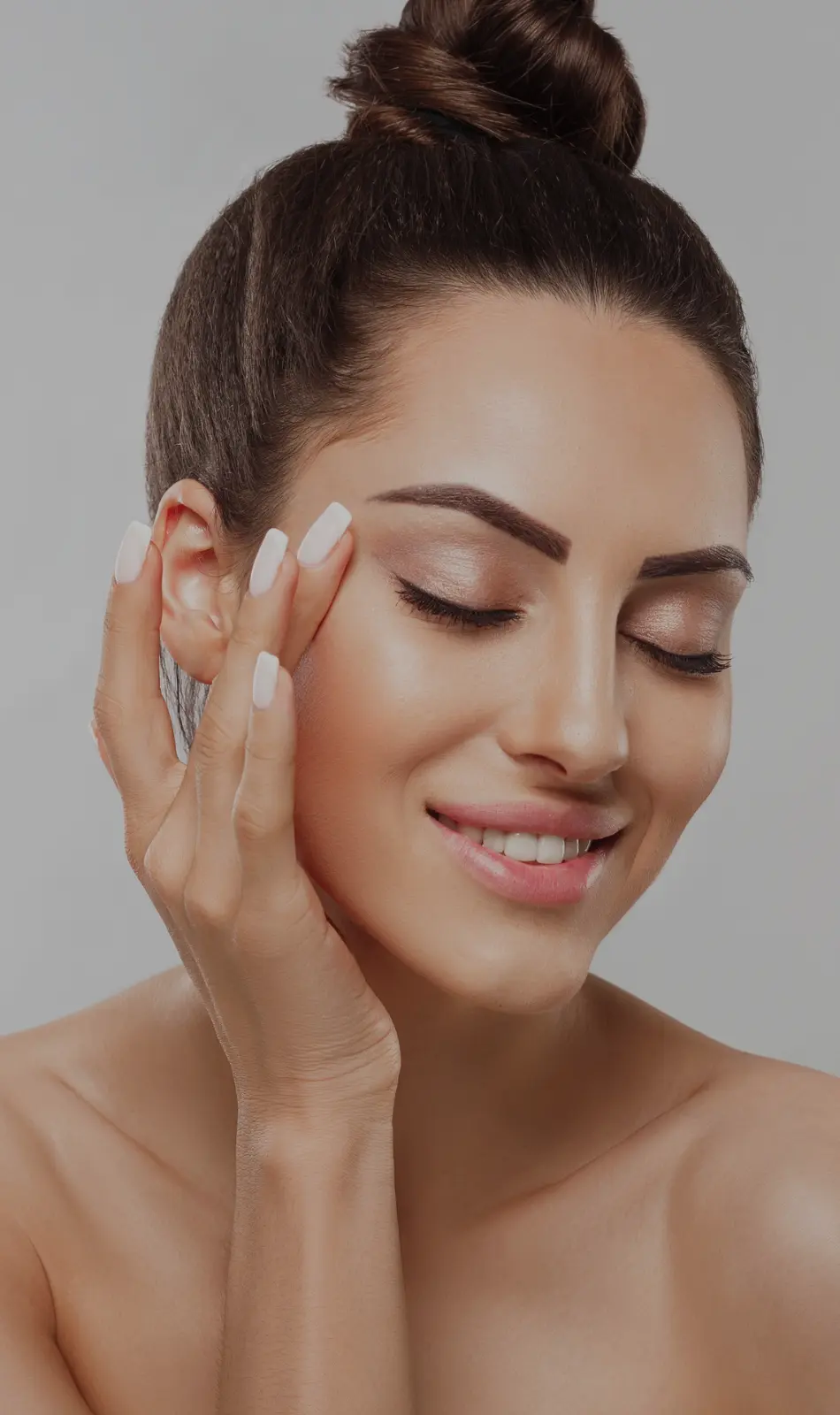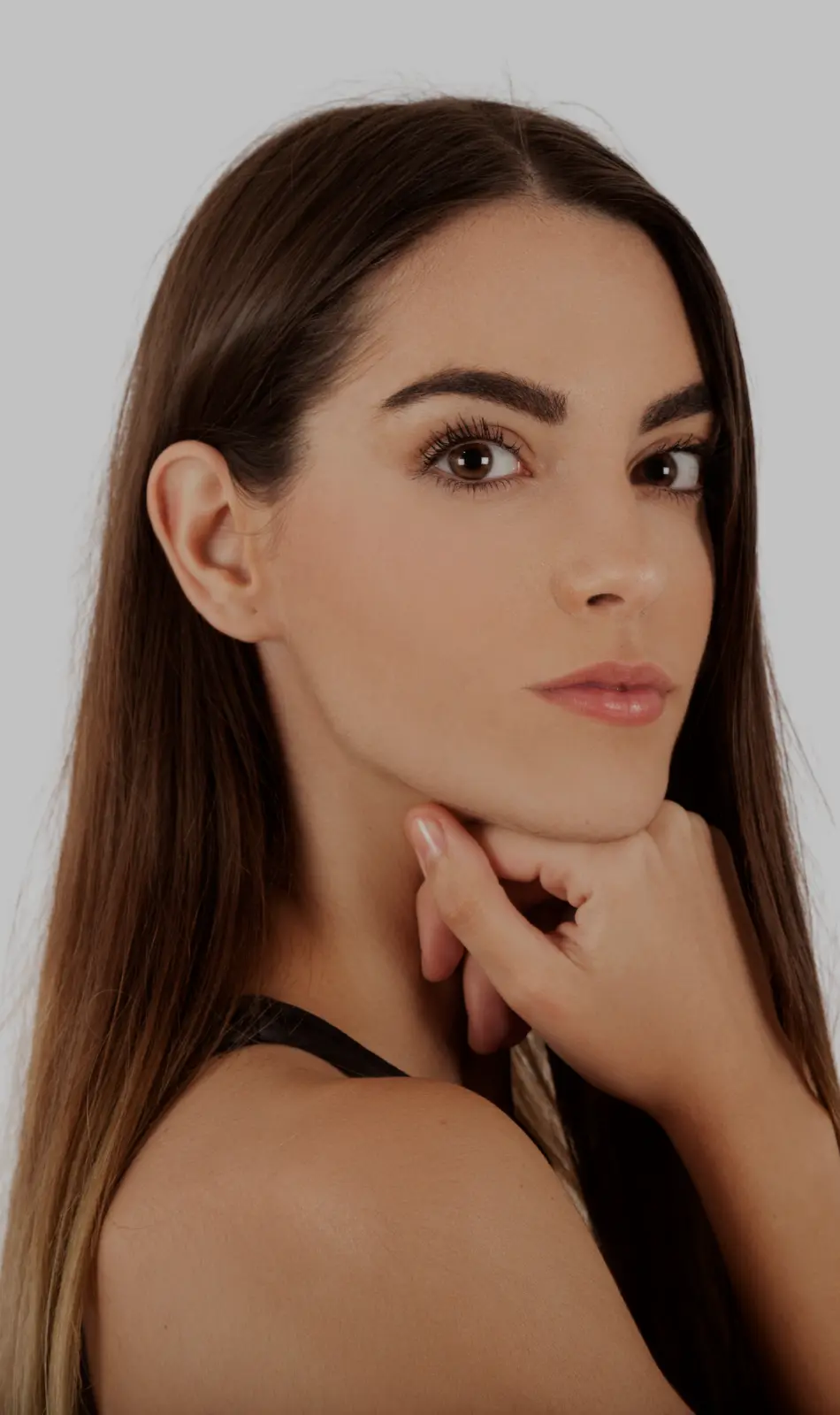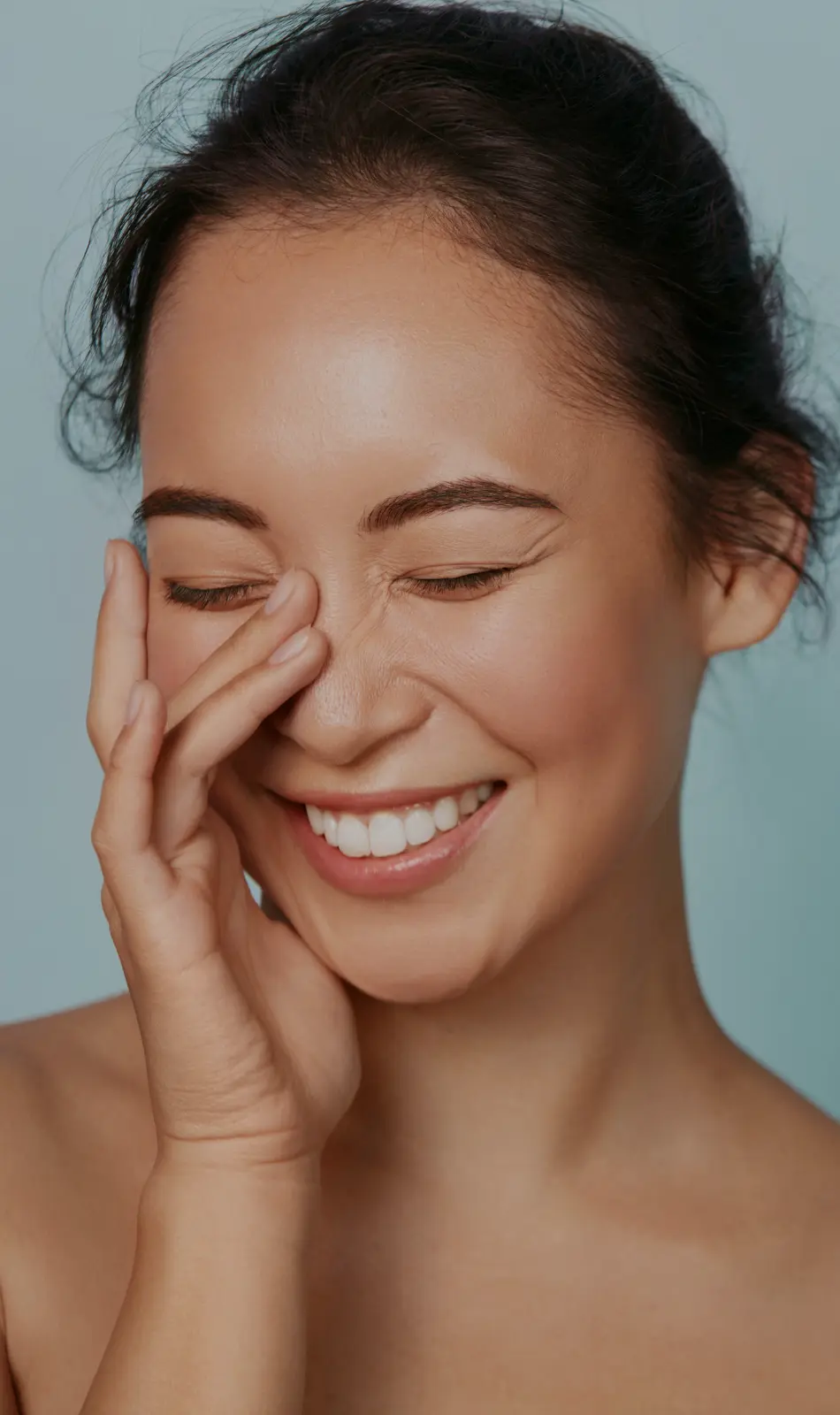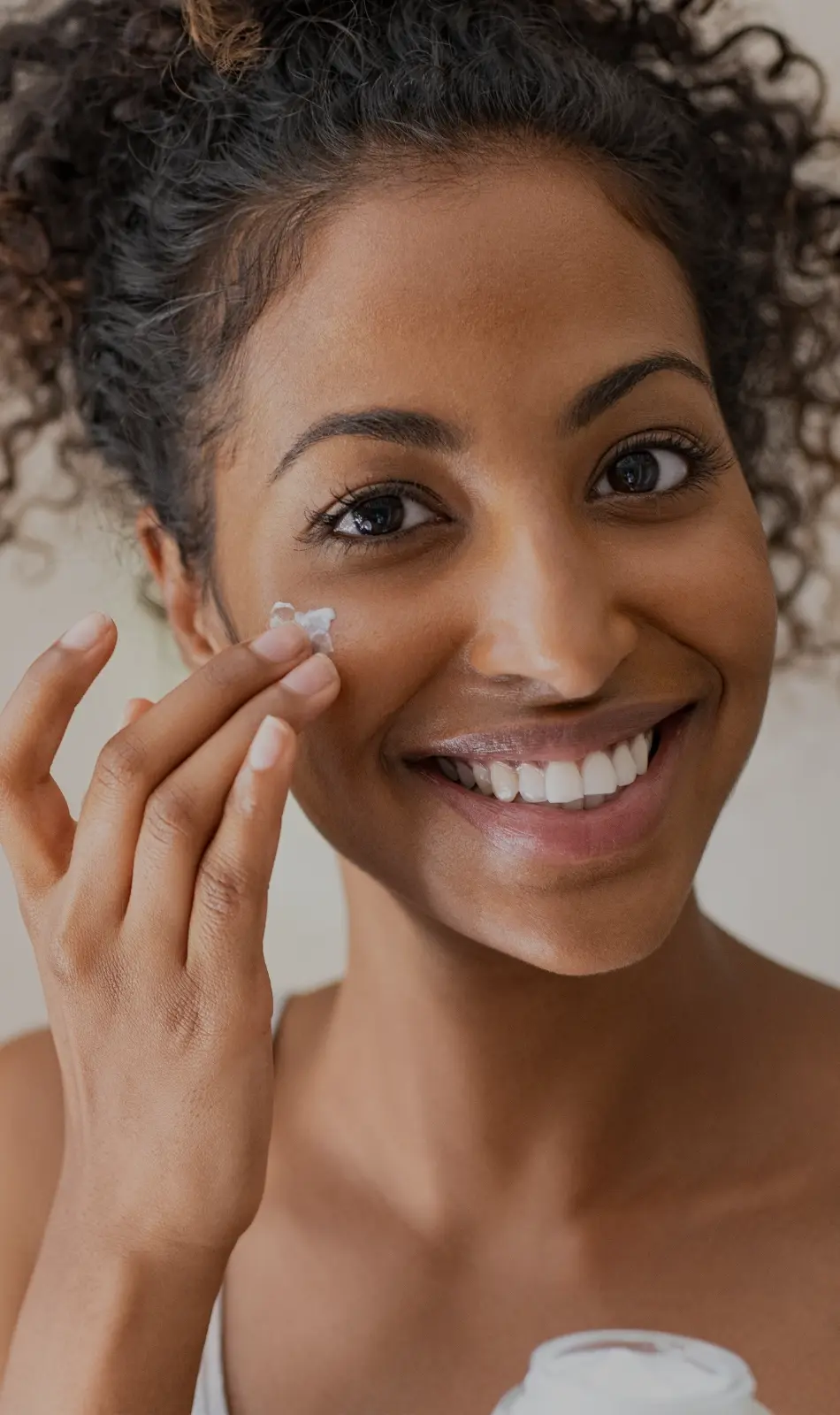Contraindications
- Some people will not be suitable for treatment, including pregnant and breastfeeding women, people with internal implantable devices such as pacemakers or defibrillators, certain conditions, including auto-immune disease, skin diseases, and skin infections, and a known intolerance to the local anesthetics used during treatment.
Before your procedure
- Hydrate – we recommend that for seven days pre-treatment you moisturize the skin in the morning and evening, and drink at least 8 glasses of water per day to hydrate your skin and optimize treatment results completely.
- Do not take products containing aspirin, ibuprofen (Advil, Motrin), Vitamin E, or red wine for 2 weeks prior or for 2 weeks after your operation. Many medications contain these compounds which are known to prolong bleeding. It is safest to take only Tylenol® for aches and pains prior to your operation.
- You may be provided an antiviral medication prescription 3-4 days prior to the procedure if you have a history of Herpes Simplex (cold sores) to avoid an outbreak. Please bring this to the attention of your provider.
- Topical retinoid therapy should be discontinued 7 days prior to treatment. You must be off Accutane for 6 months prior to this treatment.
- Avoid any prolonged exposure to the sun, if you must be in the sun use a zinc oxide sunscreen of at least SPF 30.
- Remove all substances from the treatment area, including topical anesthetics, hairspray, gel, makeup, lotions, deodorants, and self-tanning products and ointments.
- Avoid taking anticoagulants (aspirin, Mobic, ibuprofen, naproxen) for one week if the medical condition allows.
- Consult with your primary care physician for clearance.
- Discontinue any irritant topical agents for 2-3 days before treatment. Please discuss this with your provider as you may be allowed to continue most products up until the day of treatment.
- Arrive at your appointment with clean skin. There should be no lotion, makeup, perfume, powder, bath, or shower oil present on the skin to be treated. You will be given the opportunity to remove your make-up in the event this was not possible.
- Alert your provider asap if you have experienced any issues with topical anesthetics (xylocaine, tetracaine, lidocaine, prilocaine).
- Notify your provider if any implants such as a pacemaker, defibrillator, insulin pump, facial implants, or hardware (screws, plates), or if you have had filler or neuromodulators (Botox) placed recently.
What to expect
- Immediately after treatment, most patients will experience erythema (redness) for 1-3 days, however, for more aggressive treatments this may last longer. Slight to moderate edema (swelling) and mild to moderate sunburn sensation are also common post-treatment and may last 1-3 days. The skin may crust and peel for 2-7 days depending on the treatment setting.
After your procedure
- Treatment areas will have dressings and/or a pressure garment to be used for 4 full days and 1 -2 weeks night only. The garment ideally should be worn for 12 hours per day for the first 2 weeks.
- Wound care: Let soapy water wash over the incision sites (do not scrub) then apply antibiotic ointment to the incision points twice daily for one week while the skin is healing after initially removing the pressure garment.
- Tiny scabs may appear during the healing process. Please do not pick at the scabs.
- Cleanse the treated areas gently with mild soap such as Cetaphil or Cerave and water after 48 hours. Avoid drying or irritating facial products including Retinol and acids (Salicylic, Glycolic, etc.) for 3 weeks after the procedure. Do not rub or irritate the area.
- Although these effects are rare and temporary, redness and swelling may last up to 3 weeks and are a part of a normal reaction to the treatment. Bruises occur in some people and last 1 to 2 weeks and are a normal reaction to the treatment. Some patients report a burning sensation, tingling, or tightening sensation in the treatment area for up to 3 months.
- Limit physical activity and exposure to excessive heat (including fires) and UV light for 2 weeks.
- For facial and neck procedures: Sleep on several pillows or in a recliner to keep your head elevated for at least two to three days to help minimize swelling. Minimize talking and chewing for 48 hours. We recommend following a soft diet for the first 48 hrs.
- Mineral makeup may be applied 72 hours after the procedure to cover any redness or bruising. Avoid the incision points that may still be healing.
- Mineral sunscreen is recommended every two hours as soon as 3 days after the procedure.
- If treatment was done on the face or neck, facial shaving should only be done with an electric razor for the first week.
- Burns and changes in pigmentation are rare although may occur. If you notice small white bumps, they may take a few weeks to resolve.
- Only take prescribed pain medication or Tylenol for pain relief (not both) after your procedure, unless instructed otherwise. Other pain relievers such as Aspirin or NSAIDs (i.e. Advil, Motrin, Ibuprofen, Naproxen, Aleve, etc.) can thin the blood and cause bleeding or bruising. The only exception to this rule is if your primary care doctor has prescribed you to take a daily Aspirin, NSAID, or other blood thinner. Take all antibiotics unless instructed otherwise.
- Do NOT drink alcohol for several days as instructed by the doctor after this procedure. Drinking alcohol can negatively affect healing and can cause thinning of the blood, bleeding, crusting, and/or bruising.
- Remember, although the skin has initially healed, it takes a minimum of six weeks before any changes in skin tightening can be perceived and twelve months before final results in skin tightening can be appreciated.
- Makeup may not be worn for 24 hours after the procedure. If there are no areas with active oozing and warm redness, makeup may be applied after this time.
Precautions
- If you experience any questions or experience fever, chills, drainage, discharge, or extreme discomfort call our office immediately at (818) 458-9556 to speak with a provider. If the symptoms are severe, please call 911 or go to the emergency room.
Follow-up
- You will have several follow-up appointments after your procedure.
Contraindications
- Some people will not be suitable for treatment, including pregnant and breastfeeding women, people with internal implantable devices such as pacemakers or defibrillators, certain conditions, including auto-immune disease, skin diseases, and skin infections, and a known intolerance to the local anesthetics used during treatment.
Before your procedure
- Hydrate – we recommend that for seven days pre-treatment you moisturize the skin in the morning and evening, and drink at least 8 glasses of water per day to hydrate your skin and optimize treatment results completely.
- Do not take products containing aspirin, ibuprofen (Advil, Motrin), Vitamin E, or red wine for 2 weeks prior or for 2 weeks after your operation. Many medications contain these compounds which are known to prolong bleeding. It is safest to take only Tylenol® for aches and pains prior to your operation.
- You may be provided an antiviral medication prescription 3-4 days prior to the procedure if you have a history of Herpes Simplex (cold sores) to avoid an outbreak. Please bring this to the attention of your provider.
- Topical retinoid therapy should be discontinued 7 days prior to treatment. You must be off Accutane for 6 months prior to this treatment.
- Avoid any prolonged exposure to the sun, if you must be in the sun use a zinc oxide sunscreen of at least SPF 30.
- Remove all substances from the treatment area, including topical anesthetics, hairspray, gel, makeup, lotions, deodorants, and self-tanning products and ointments.
- Avoid taking anticoagulants (aspirin, Mobic, ibuprofen, naproxen) for one week if the medical condition allows.
- Consult with your primary care physician for clearance.
- Discontinue any irritant topical agents for 2-3 days before treatment. Please discuss this with your provider as you may be allowed to continue most products up until the day of treatment.
- Arrive at your appointment with clean skin. There should be no lotion, makeup, perfume, powder, bath, or shower oil present on the skin to be treated. You will be given the opportunity to remove your make-up in the event this was not possible.
- Alert your provider asap if you have experienced any issues with topical anesthetics (xylocaine, tetracaine, lidocaine, prilocaine).
- Notify your provider if any implants such as a pacemaker, defibrillator, insulin pump, facial implants, or hardware (screws, plates), or if you have had filler or neuromodulators (Botox) placed recently.
What to expect
- Immediately after treatment, most patients will experience erythema (redness) for 1-3 days, however, for more aggressive treatments this may last longer. Slight to moderate edema (swelling) and mild to moderate sunburn sensation are also common post-treatment and may last 1-3 days. The skin may crust and peel for 2-7 days depending on the treatment setting.
After your procedure
- Treatment areas will have dressings and/or a pressure garment to be used for 4 full days and 1 -2 weeks night only. The garment ideally should be worn for 12 hours per day for the first 2 weeks.
- Wound care: Let soapy water wash over the incision sites (do not scrub) then apply antibiotic ointment to the incision points twice daily for one week while the skin is healing after initially removing the pressure garment.
- Tiny scabs may appear during the healing process. Please do not pick at the scabs.
- Cleanse the treated areas gently with mild soap such as Cetaphil or Cerave and water after 48 hours. Avoid drying or irritating facial products including Retinol and acids (Salicylic, Glycolic, etc.) for 3 weeks after the procedure. Do not rub or irritate the area.
- Although these effects are rare and temporary, redness and swelling may last up to 3 weeks and are a part of a normal reaction to the treatment. Bruises occur in some people and last 1 to 2 weeks and are a normal reaction to the treatment. Some patients report a burning sensation, tingling, or tightening sensation in the treatment area for up to 3 months.
- Limit physical activity and exposure to excessive heat (including fires) and UV light for 2 weeks.
- For facial and neck procedures: Sleep on several pillows or in a recliner to keep your head elevated for at least two to three days to help minimize swelling. Minimize talking and chewing for 48 hours. We recommend following a soft diet for the first 48 hrs.
- Mineral makeup may be applied 72 hours after the procedure to cover any redness or bruising. Avoid the incision points that may still be healing.
- Mineral sunscreen is recommended every two hours as soon as 3 days after the procedure.
- If treatment was done on the face or neck, facial shaving should only be done with an electric razor for the first week.
- Burns and changes in pigmentation are rare although may occur. If you notice small white bumps, they may take a few weeks to resolve.
- Only take prescribed pain medication or Tylenol for pain relief (not both) after your procedure, unless instructed otherwise. Other pain relievers such as Aspirin or NSAIDs (i.e. Advil, Motrin, Ibuprofen, Naproxen, Aleve, etc.) can thin the blood and cause bleeding or bruising. The only exception to this rule is if your primary care doctor has prescribed you to take a daily Aspirin, NSAID, or other blood thinner. Take all antibiotics unless instructed otherwise.
- Do NOT drink alcohol for several days as instructed by the doctor after this procedure. Drinking alcohol can negatively affect healing and can cause thinning of the blood, bleeding, crusting, and/or bruising.
- Remember, although the skin has initially healed, it takes a minimum of six weeks before any changes in skin tightening can be perceived and twelve months before final results in skin tightening can be appreciated.
- Makeup may not be worn for 24 hours after the procedure. If there are no areas with active oozing and warm redness, makeup may be applied after this time.
Precautions
- If you experience any questions or experience fever, chills, drainage, discharge, or extreme discomfort call our office immediately at (818) 458-9556 to speak with a provider. If the symptoms are severe, please call 911 or go to the emergency room.
Follow-up
- You will have several follow-up appointments after your procedure.



